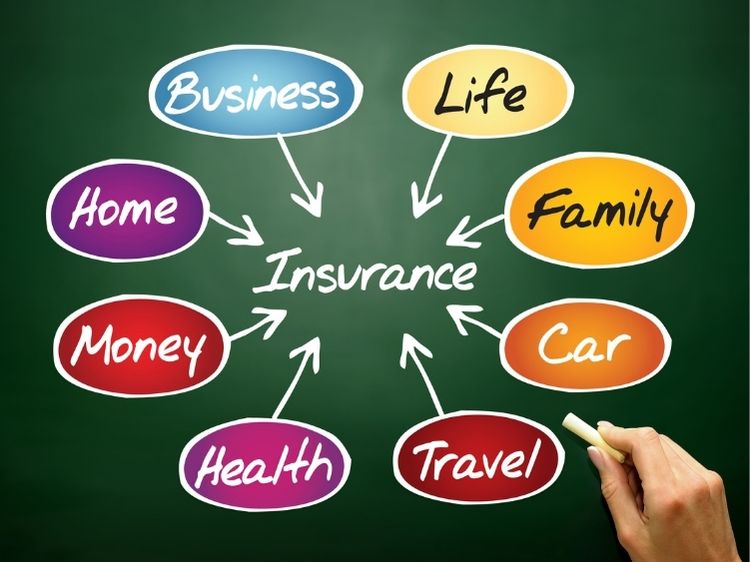When it comes to safeguarding your money after purchasing an automobile, “gap insurance” is one of the terms you need to fully understand. The process of buying a car usually involves the taking out of a loan or lease, and that’s the time when gap insurance is an essential security measure. If you’re thinking about whether it’s worth the cost knowing its purpose and advantages will allow you to make an informed choice.
Understanding Gap Insurance
Gap insurance, formerly known by the name of Guaranteed Asset Protection is form of auto insurance policy specifically designed to safeguard car owners from financial losses in specific circumstances. Its primary purpose is to fill in that “gap” between the amount you owe on a vehicle lease or loan as well as the actual market value in the event of it being damaged or stolen. Many motorists are surprised to discover that the standard auto insurance policies will only cover the current value of the vehicle that can decrease quickly leaving you with a huge amount to pay out of pockets.
In the example above If you finance an automobile for $30,000, but its value decreases to $25,000 in one year, and the vehicle is declared as a total loss because of an accident, the standard insurance will only cover that amount of depreciation, which is $25,000. If you don’t have gap insurance you’d have to pay the remainder of $5,000 out of your pocket. It ensures that you aren’t stuck in a financial situation in the event of an unexpected event.
Who Should Consider Gap Insurance?
While it’s not an absolute requirement, it is specifically beneficial for certain kinds of vehicle owners. If you’ve bought a vehicle that appreciates quickly or you leased your vehicle or even made a modest down amount on a car loan, you must be thinking about including gap insurance in your insurance plan. In these cases the remaining balance of the loan or lease will likely exceed the value of your vehicle early and gap insurance can be an essential financial tool.
If you lease a vehicle Gap insurance is usually part of the lease contract. However, it is essential to confirm this with the leasing company. In addition, if you’ve purchased the purchase of a vehicle by extending a loan beyond four years, or if you travel a lot each year and you also have a good credit history, you could get benefit from gap insurance because these circumstances can make it more likely to have negative equity.
How Gap Insurance Works
In order to start your insurance gap, certain requirements have to be fulfilled. Typically, the insurance will be activated only in the event that your vehicle has been declared to be a complete loss, or stolen and not recoverable. In these situations the primary insurance company will first establish the value of the vehicle’s market value and then settle the claim in the amount. If there’s an unpaid debt or balance on a lease that is greater than the amount of this, your gap insurance will be activated to cover the difference.
It is important to note that gap insurance won’t cover all financial gaps. For instance, it doesn’t cover late car payment, late fees that aren’t paid and any extended warranties that you may have bought. It’s specifically designed to fill in the gap between the value of your car and the outstanding financial obligations in the event of a total loss.
Is Gap Insurance Worth the Cost?
Gap insurance costs reasonable, particularly when you think about the assurance it gives. A majority of auto insurance companies allow the addition of gap insurance to an existing policy with an additional cost that typically ranges between $20 and $40 per year. Dealerships also provide gap insurance when you lease or finance the vehicle, but these rates could be substantially higher, and can cost thousands of dollars.
In determining whether it’s worth the expense take into consideration your car’s depreciation percentage, your lease or loan terms, and the amount of equity you have in your car. If you’ve put up a significant down payment, or if your balance on loan is similar to the value of your car it is likely that you do not require gap insurance. If you belong to the high-risk group with low equity levels, the inexpensive cost of gap insurance could make a difference in the thousands over the long haul.
How to Purchase Gap Insurance
There are a variety of options to buy gap insurance that allows you to pick the plan that is most suitable for your needs and budget. Most people get this coverage through their local car dealer when they purchase or lease the vehicle. Dealerships typically charge a cost to facilitate joining it into the lease or loan contract.
You can also purchase gap insurance directly through an auto insurance company. This option is typically more affordable and is able to be used as an amendment to your existing insurance policy. If you’re considering your options, make sure you compare rates and coverage conditions to ensure that you’re getting the most value for your money.
Final Thoughts on Gap Insurance
Gap insurance is a sensible option for those who want to reduce the financial strain caused by the event of a car crash or theft. Although it’s not necessary for all drivers but those who own new cars or high balances on loans leasing agreements, or loan balances will be to be particularly beneficial. It bridges any gap in between vehicle’s depreciated value and your remaining credit or lease balance, this coverage is a necessary security net in the event of unexpected situations.
When considering whether you should consider a gap insurance policy take into consideration the financial circumstances of your situation as well as car kind, and loan conditions. With the proper insurance in place you’ll be able to drive with peace of mind knowing that you are protected from the financial dangers of depreciation on your vehicle. In the end, the gap insurance policy is more than dollars and cents. It’s also about peace of mind.







